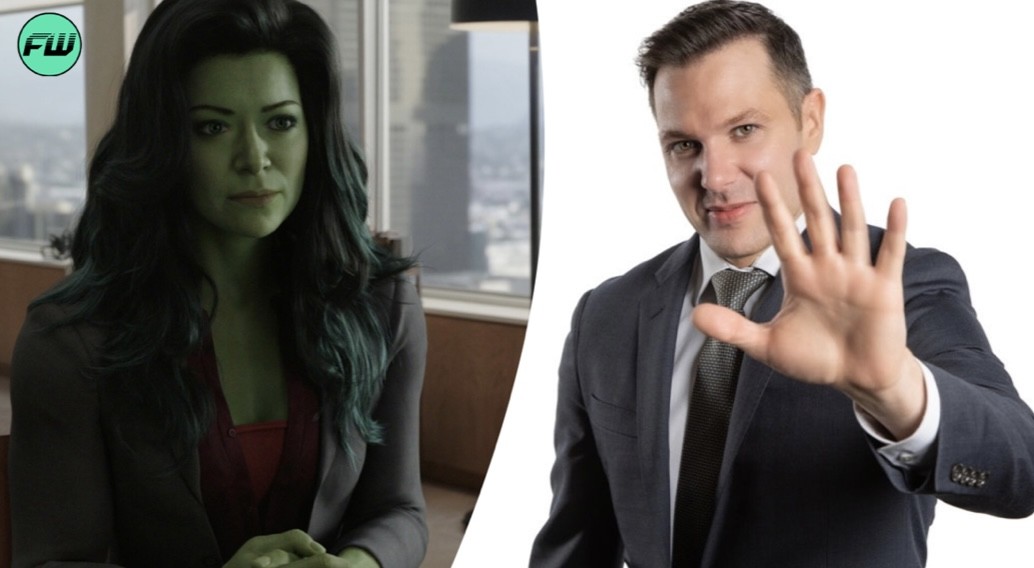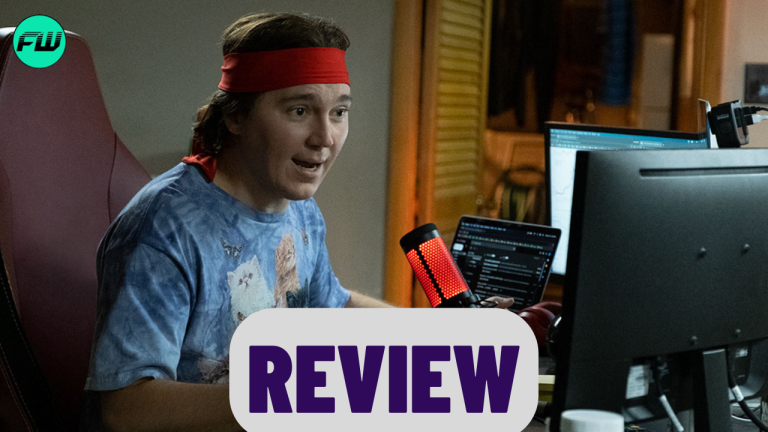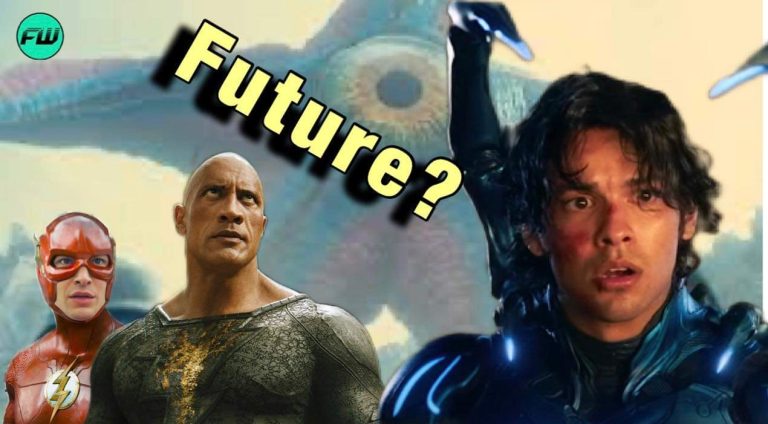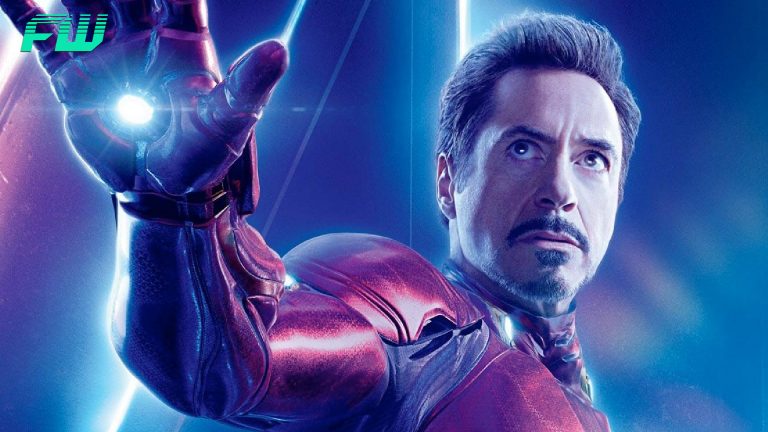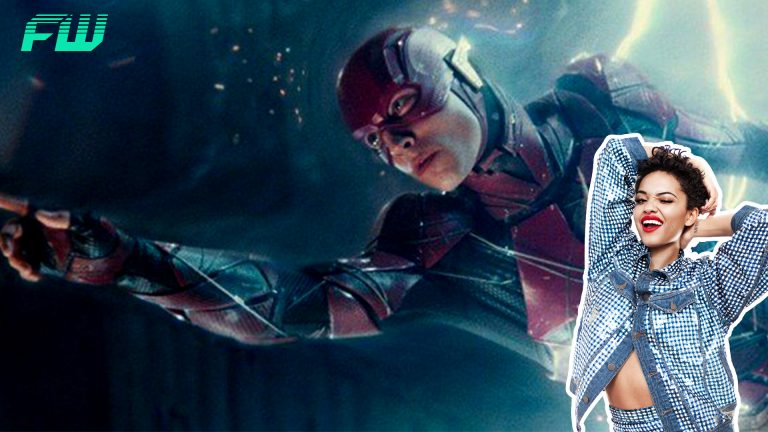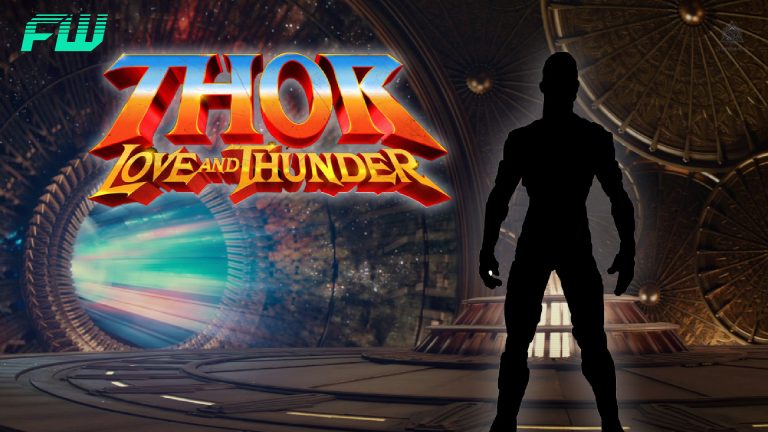The #1 Lawyer on Social Media explains what is (and isn’t) accurate about the new Marvel series She-Hulk
The Marvel Cinematic Universe is no stranger to legal proceedings. For example, the character Matt Murdock (Daredevil) is a lawyer by day and a crime fighter by night, and the entire plot of Captain America: Civil War revolves around an international law referred to as the Sokovia Accords. Some fans have even discussed the legal implications of characters’ actions outside of what we see in the films or even want to see the characters put on trial.
However, the newest Disney+ MCU series, She-Hulk: Attorney at Law, connects the Marvel Cinematic Universe explicitly to legal matters. Billed as a “superhero legal comedy,” the fictional series has been compared to Ally McBeal but with superheroes. Although the series is fictional — and quite exaggerated — audiences still deserve to know which aspects of the series are realistic from a legal standpoint, and which others are not.
Also Read: She-Hulk Review: A Hilarious 90’s Sitcom In The MCU

What did She-Hulk get right?
One of the cases in the series that has some legal truth to it is the copyright case involving magician Donny Blaze. The series states that magic cannot be copyrighted, which is accurate because ideas — and therefore magic tricks — are not protected under US law. That said, magicians could have a copyright claim over the “pantomime” in their act, as the presentation of the illusion can be seen as a form of choreography, which is protected under copyright law. In the real world, Penn and Teller won a copyright lawsuit against a magician who copied the way that one of their illusions was performed.
There are also some accuracies in the liability case filed by Leap-Frog about his supposedly “defective” super suit. The show accurately depicts the different product liability claims someone can make for a product defect: negligence, strict liability, and breach of warranty. Although this case is not one we would see in the real world, this concept also applies to average consumer goods.
Beyond the legal proceedings themselves, there is some truth to how they are conducted. For example, in the product liability case, Leap-Frog withholds some vital information from his lawyer, She-Hulk, which causes him to lose the case. We, as lawyers, see this all too often with our clients. If a client isn’t completely upfront with us, something can catch us off-guard and completely throw the case. Your lawyer needs to know all relevant information to represent you effectively. This is why we have attorney-client privilege: to protect those communications from ending up in court and to encourage clients to tell the whole truth to their lawyers.
The series also presents a realistic view of legal ethics. At several points in the series, Jennifer Walters calls attention to the potential conflicts of interest she faces when representing certain clients. Lawyers will sometimes face these issues in the real world, but there are ways to address them, such as Emil Blonsky (The Abomination) having to sign a waiver before Walters could represent him.
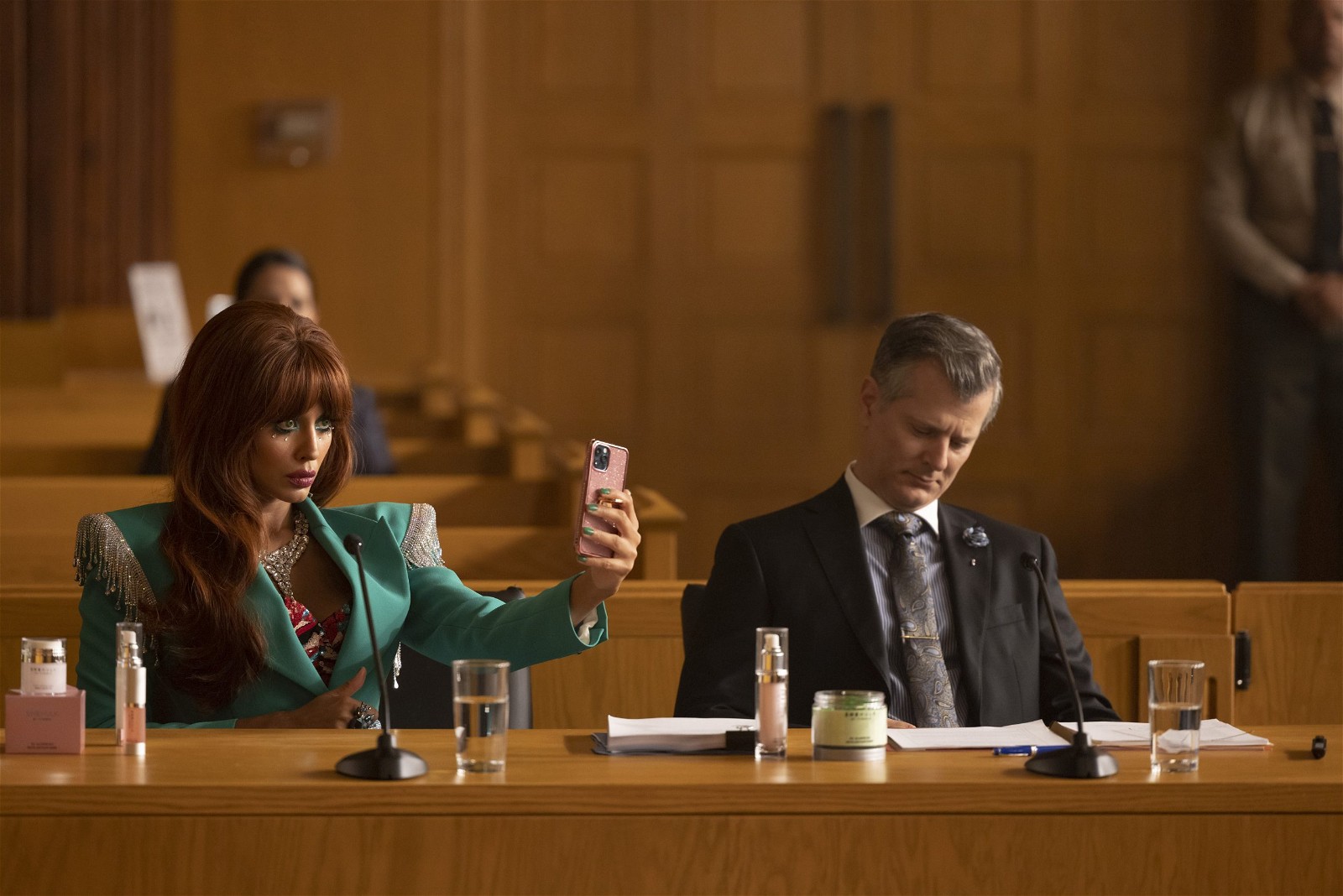
What did She-Hulk get wrong?
On the other hand, the series gets trademark law mostly wrong. Trademarks are not about who registers them first, but who uses them first. In fact, you must show the use of a trademark in commerce to apply for a trademark properly. Since Titania did use the trademark in selling beauty products, she would have arguably met the requirements to file a trademark application.
Furthermore, it’s possible that both trademarks could exist. Trademarks are limited to specific products or services and are divided into different classes.
Titania could have held the “She-Hulk” trademark for cosmetic products, while Jennifer Walters could have registered it for legal services. The standard by which trademark infringement cases are determined is the likelihood of customer confusion, and the chances of a consumer being confused between Titania’s cosmetic products and Jennifer Walters’s legal services seem slim.
The trademark legal process depicted in the series is also inaccurate. The court and trademark registration system is incredibly slow-moving, yet She-Hulk: Attorney at Law seems to imply court cases and trademark registrations are resolved in a matter of days and can be heard almost immediately. While some cases are decided rather quickly, those are exceptions and are usually small claims or urgent matters. Some cases can take years before they are heard, and the process leading up to them is far more complicated.
Also Read: She-Hulk Might Bring Back the Red Hulk in Season Finale After Promising Hulk vs Abomination Re-Match
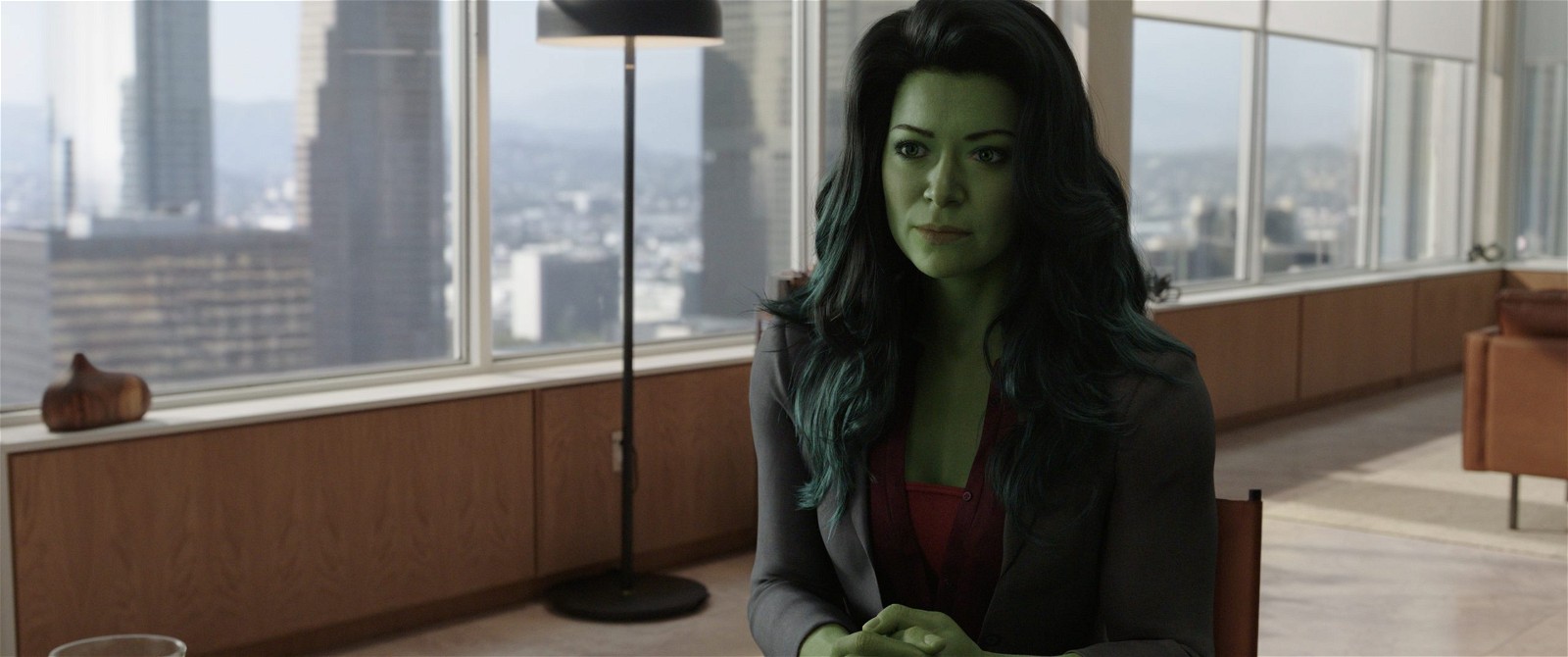
What can audiences learn from Jennifer Walters?
Ultimately, audiences need to remember that She-Hulk: Attorney at Law is a silly, fun, and fictional series to watch for entertainment purposes only. It goes without saying, but you should not be watching a television show for legal advice. If you have concerns about your legal situation, consult an experienced attorney who can guide you through the process.
However, if audiences should take one thing away from this series, it’s the idea that most lawyers are driven by their passion for helping others. Jennifer Walters is an ideal role model for the system because she repeatedly puts her clients first. I believe most lawyers act with these pure intentions at heart. Remember: the legal system is here to protect and help you, not hurt you.
Follow us for more entertainment coverage on Facebook, Twitter, Instagram, and YouTube.

